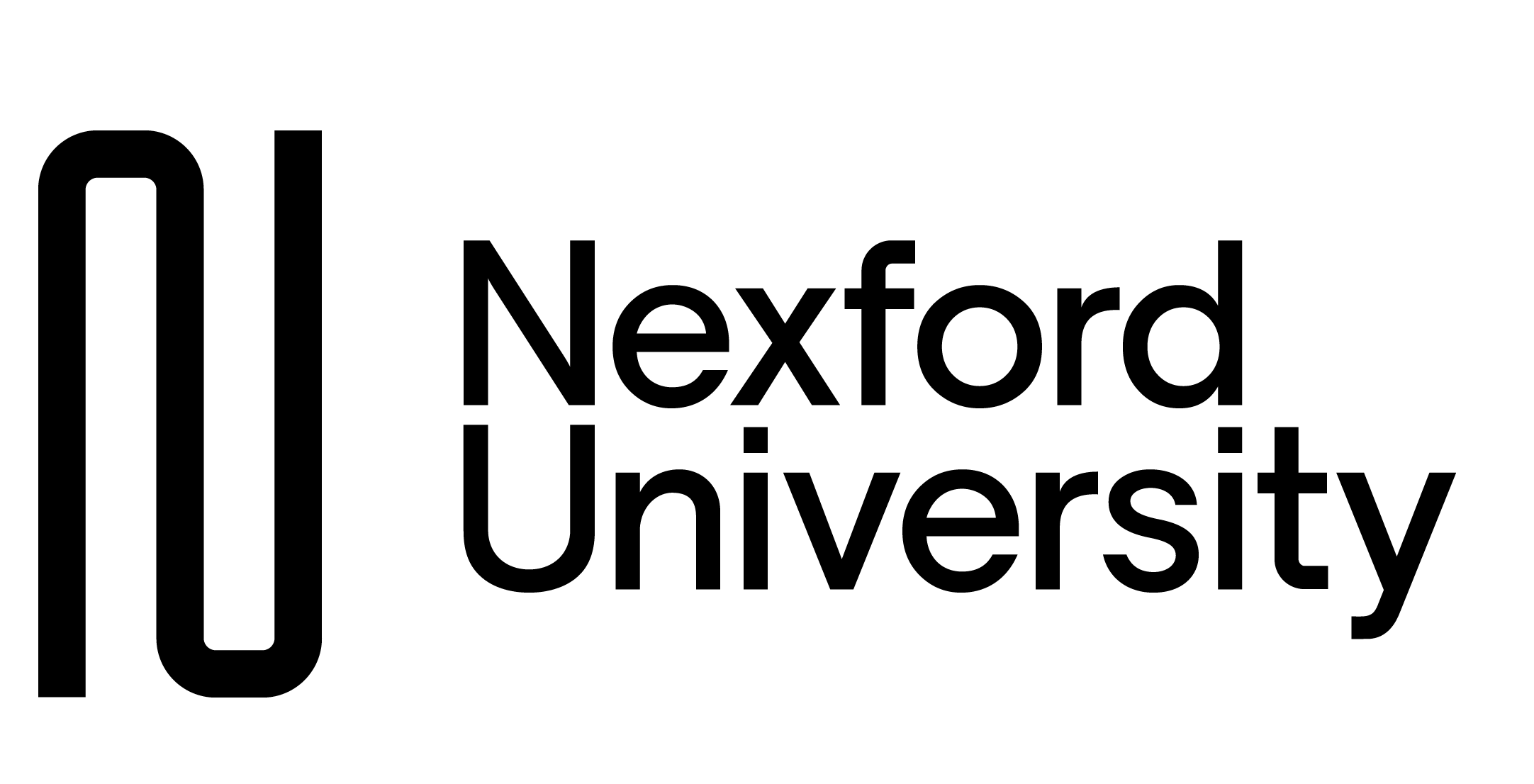Washington, D.C.-based Nexford University has received the approval from Higher Education Licensure Commission enabling the school to start licensed degree programs.
The online university will use artificial and machine learning to address the lack of skilled workforce across the world and has already hired full-time faculty and experts. The curriculum has been designed while keeping in mind the needs of a learner and employer.
“Our mission, to enable greater social and economic mobility across the world by providing learners access to high-quality, affordable, dynamic education, is becoming a reality thanks to the vigorous efforts of our team,” Fadl Al Tarzi, CEO of the university, said.
“We’re on a mission to bring to the world a truly affordable, next-generation online American university: it’s reassuring to know that an innovative academic model can receive the necessary regulatory approvals we know learners value.”
The university will offer nine undergraduate and three graduate certificates in the field of business, including a course in Artificial Intelligence, Data Science, and Sustainable Energy.
The university is also planning to launch a pilot program, NexFirst, in the U.S., Nigeria, Egypt, and the Philippines in January 2019.
Georgia Institute Announces Online Master’s Degree in Cyber Security



